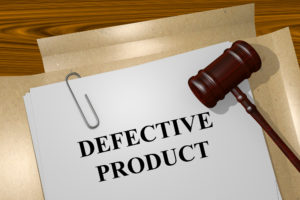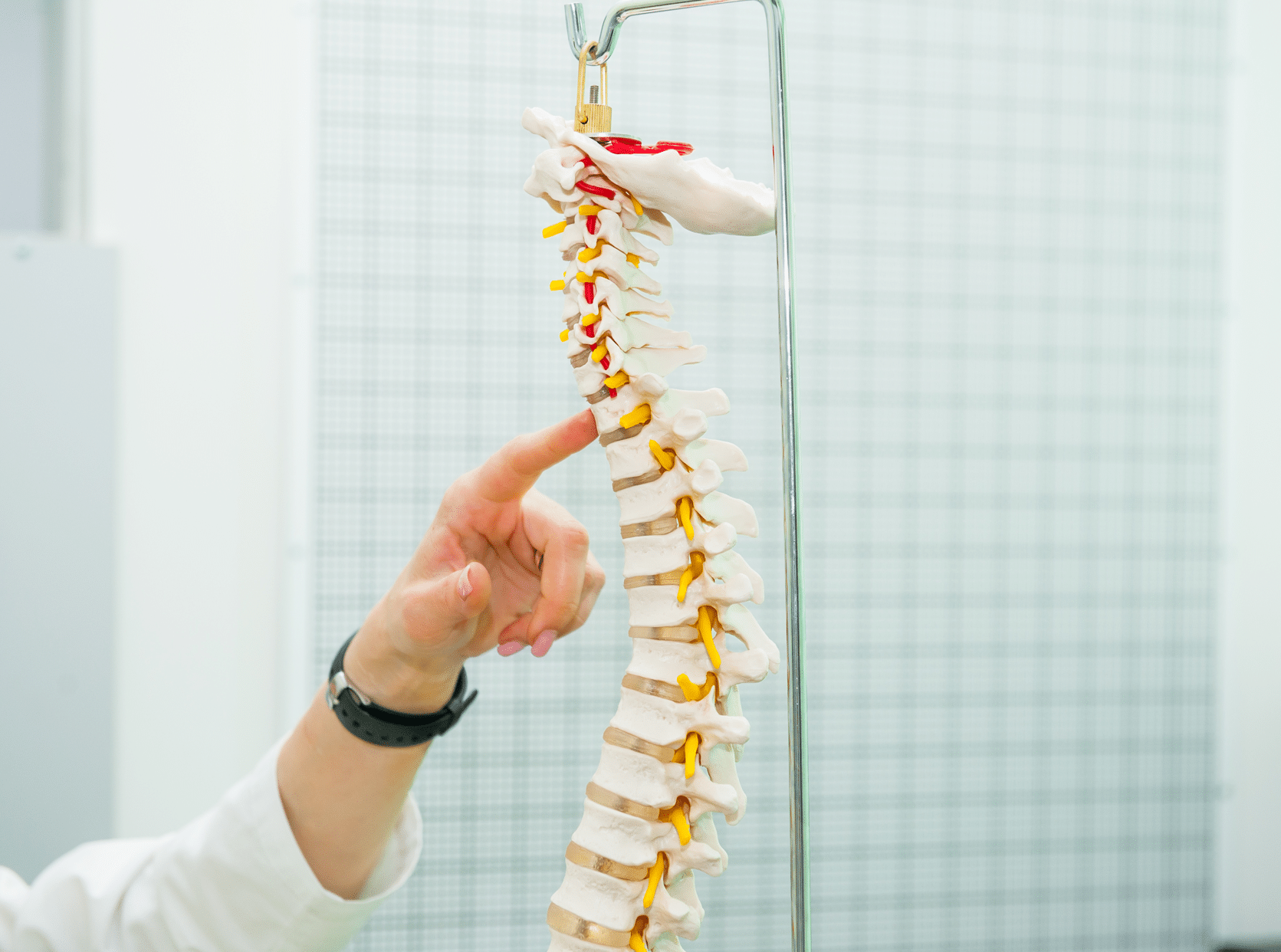Whenever people start talking about making a claim for injury caused by a defective product (or a ‘faulty goods claim’ as they are often more commonly known) the writer’s mind, for some obscure reason, always turns to the scenario of a faulty clothes iron setting on fire and burning the house down. Maybe that’s just the product (no pun intended) of an unhealthy mind. Perhaps a more modern version of this ‘default thinking’ on the subject of injuries caused by a defective product, would be that of mobile phones which have set on fire as a result of faulty batteries overheating. (It would appear that this problem is considered serious enough for scientists to be developing mobile phones with built-in fire extinguishers as a solution!)
The truth of the matter is that defective product injuries are caused in all kinds of ways.
However before looking at some of the specific types of claim, we should first take a look at what a defective product claim is and when a claim arises.
A product liability claim for personal injury arises when someone is injured by a product that causes injury to a person or person as a result of poor design or manufacture, or if the product information accompanying the product did not warn clearly enough of any potential hazards. Equally if the producer of the product knew that the product was potentially defective but did not do anything to warn prospective consumers or remove the product from sale, then liability will ensue if a consumer is subsequently injured as a result. If the producer cannot be identified, then liability will usually fall onto the supplier unless he can provide the identity of the producer within a reasonable time. There may be more than one company or person liable in some cases.
There are strict safety laws governing the products sold in this country and these come under The Consumer Protection Act 1987 (‘the Act’). Under the terms of this Act, if you are injured because of a faulty product, you do not have to prove that the manufacturer was negligent. If the product was faulty and causes injury, then the manufacturer will be liable by virtue of a legal doctrine called ‘strict liability.’
The law surrounding product liability injury claims can be daunting, but fortunately Truth Legal have solicitors who are well versed in product liability cases and more importantly have the experience in dealing with such claims.
We have probably all heard of horror stories concerning defective electrical products causing fires, such as the Shepherds Bush tower block fire in 2016 caused by a faulty tumble dryer that was subject to a safety notice or faulty, exploding irons causing burns . A faulty thermostat and defective wiring are commonly the causes of defective electrical product claims. Sounds simple, but the consequences can be devastating.
However there are numerous other ways that we can be injured by faulty goods, which might not as readily spring to mind but which nevertheless provide a person, injured, or made ill, in one of the following scenarios, a right to bring a claim for personal injury against the manufacturer or supplier for defective or faulty goods;
- Contaminated food products sold in a shop or restaurant which cause sickness or other illness to the consumer – numerous examples of this happen almost daily, but we probably don’t normally think of them as defective product claims;
- Sports Goods – accidents on faulty running machines or indoor bikes can lead, and have led, to serious accidents.
- Motor vehicles – There is the potential for severe injuries being caused by defects within a motor vehicle, such as faulty airbags or brakes that are defective.
- Beauty products – Severe allergic reactions to certain types of beauty products containing chemicals, such as methylisothiazolinone, can give rise to personal injury claims. Hair Dye Claims are becoming more and more common as victims of allergic reactions to the chemicals used in some home hair dye products or those used in hair salons, reach out to seek the advice of personal injury solicitors.
- Hip replacements – Metal on metal hip replacement systems were first introduced in the 1970’s but were then rejected in favour of systems using polyethylene. However in the 1990’s a new type of metal on metal bearings system started being used for replacements, as these were deemed to be lower wearing and larger head sizes presented a lower risk of dislocation. However the 2012 NJR (National Joint Registry) annual report, found that all metal on metal systems had poorer implant survivorship than other types of replacement. This has given rise to a significant number of claims for the physical problems suffered by the hip replacement patients who were the recipients of such systems and have successfully sued the manufacturers.
- Clinical Trials Claims – you know the type of thing. You volunteer to take part in a series of trials to test out a new type of drug or medicine, in return for a fee. In undertaking the trial you will be required to give a form of consent to indicate that you are aware that you are undergoing a trial and therefore there may be some side effects – however, consent notwithstanding if as a result of the tests you become ill or injured as a result of your participation in the trial you may be able to make a claim for compensation.
We have highlighted above, some of the less obvious types of claim that nevertheless come under the category of product defect claims. There are many more that we have not listed. However the basic premise remains: if you have been injured or made ill, as a result of a faulty product, whether it be a faulty hip replacement system or food poisoning at a local restaurant, then with the right kind of legal assistance you have every chance of recovering compensation. The right kind of legal assistance can be on your side within minutes, by contacting our expert solicitors here at Truth Legal.
Further Reading
From one of the UK’s most read legal blogs.











